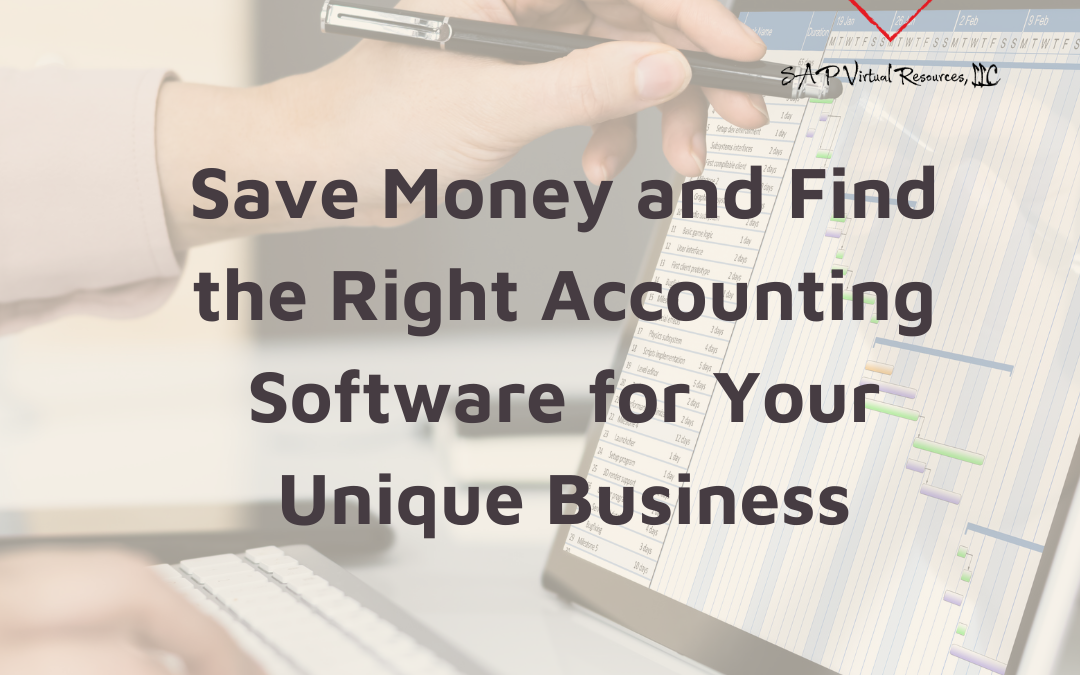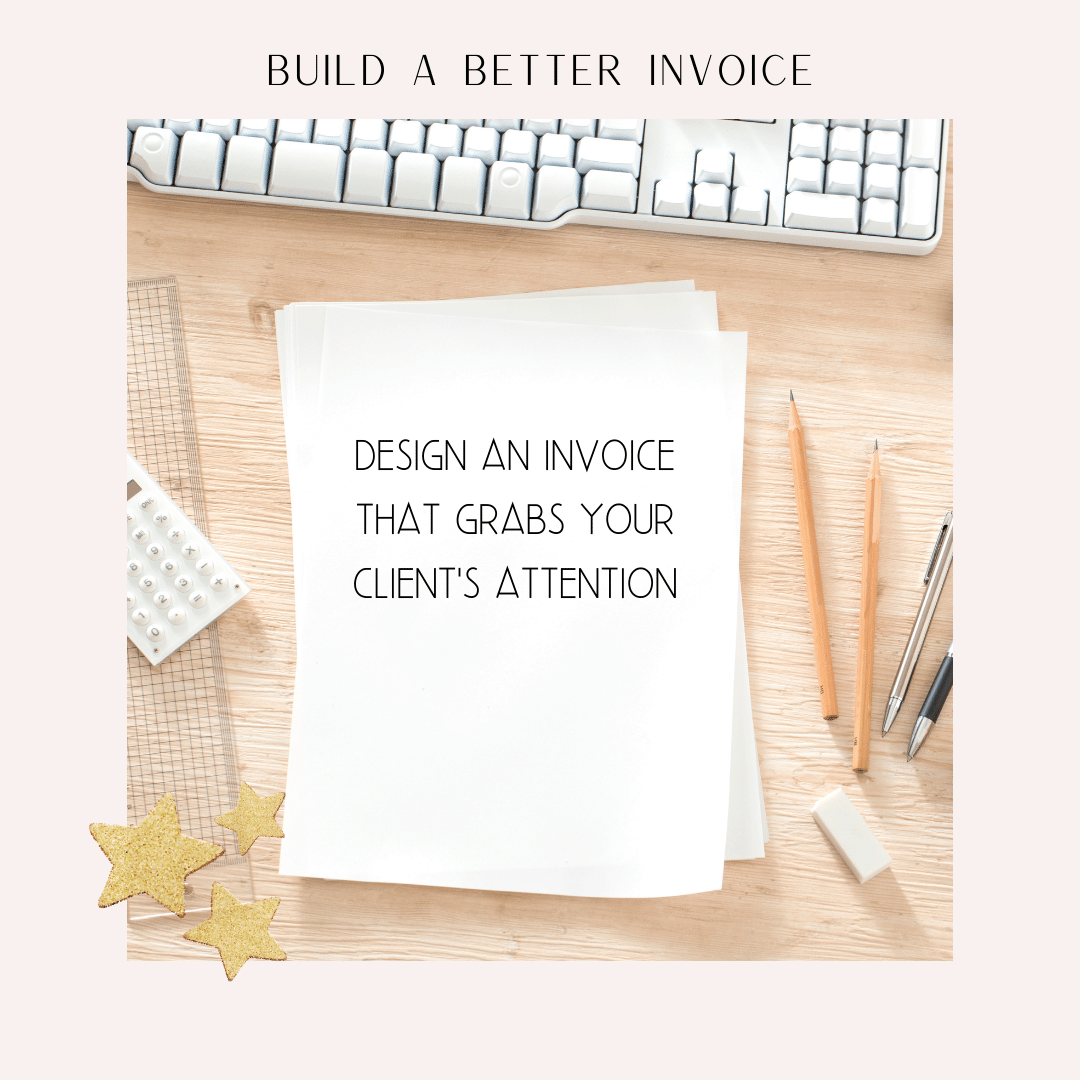
by Sarah | Nov 15, 2024 | Business Tools
Now is when many business owners think about holiday giving to their team and community. A thoughtful approach to generosity can bring warmth and happiness to your business, employees, and the local community.
There are three areas to consider: charitable donations, employee gifts, and community partnerships.
Creating Positive Change Through Charitable Giving
We naturally feel good about supporting a charitable cause that is dear to us. There is also a strategic side for business owners who approach holiday giving thoughtfully. Consider the following:
Select Tax-Deductible Organizations
Some contributions are tax-deductible when donating to an organization with a 501(c)(3) status. Maintain records or receipts of the donation for accounting and tax documentation.
Align Contributions with Company Values
Selecting causes that resonate with your mission will add depth to your brand. When a company supports local schools, health and environmental initiatives, it strengthens its reputation and fosters a sense of unity and shared mission among its employees.
Set a Budget
A dedicated budget for charitable giving ensures donations are organized and manageable. Consider designating a percentage of your annual revenue to stay within budget.
Employee Appreciation Without Tax Complications
Appreciation for your employees shouldn’t be limited to the holidays. Holiday giving can boost the morale of your team. Here is how to manage holiday gifting effectively:
Understand what is taxable and non-taxable to employees.
Generally, cash bonuses, gift cards, and large-value gifts are taxable income for employees. However, some benefits may not be taxable.
Think beyond material gifts.
Consider giving a benefit that offers value throughout the year. Wellness incentives or professional development opportunities are practical and may be non-taxable.
Stay on top of compliance.
When you gift your employees, be careful not to choose something that may be taxable. Your gift should benefit them, and you also need to be sure it meets your budget constraints.
Foster Community Partnerships
Local businesses welcome the support of their community, especially during the holiday season. Your support of local businesses helps the communities’ economy and creates valuable connections. It also benefits your business with increased visibility and a positive reputation.
Partnerships with Local Vendors
By using local vendors for holiday events or gifts, you can strengthen community ties and your commitment to supporting small businesses. This is a win-win for the employees and your regional partners.
Carefully Track Expenses
As with everything in your business, expense tracking is essential. If your expenses directly serve your business, they can often be categorized as marketing expenses and may be tax-deductible. Examples of partnerships might include hosting a holiday market or community event.
Encourage Employees to Shop Locally
Offering discounts to local vendors and shops is a simple and effective way to help your employees and the community.
Think about how your holiday giving can genuinely matter to your employees and the local community. You can remain financially savvy while supporting charities and strengthening community bonds.
Before making a final decision on holiday gifting, be sure to consult with your tax accountant.
Have you decided to hire a bookkeeper as part of your business’ New Year’s Resolution? Schedule a call, and let’s chat to determine your needs.

by Sarah | Oct 14, 2024 | Business Tools
Finding the right financial tools for your unique business can be overwhelming. With so many options available, trying the latest flashy accounting software or payroll system can be tempting. However, making the right decisions for your specific needs is crucial to keeping accurate records and ensuring financial stability.
I rely on proven software for day-to-day accounting functions that I’ve found most effective across various businesses. The software must be flexible enough to manage your financials efficiently, giving you confidence that you’re in good hands.
The Pitfalls of Adopting New Tools without a Strategy
I’ve seen businesses purchase software or systems simply because they’re trendy. Shiny object syndrome is real! However, it’s important to remember that the latest trend isn’t always the best fit for your business. Unfortunately, this can lead to several challenges, especially if it does not align with the core accounting platform you’re already using.
- Wasted Investments: It’s easy to overinvest in solutions that don’t suit your business.
- Lost Productivity: Learning and integrating new systems takes time from other tasks.
- Missed Opportunity: Implementing new systems consumes valuable resources.
Why One Size Doesn’t Fit All
Every business has distinct financial goals and needs. Some may need expense tracking, inventory management, project-based accounting, or mobile accessibility. Choosing payroll and accounting software that aligns with your goals and needs while staying within budget is essential. The right software can meet your current needs and work for your future growth.
- Streamlined Processes: Your software must efficiently handle daily tasks.
- Different Needs: Every business has specific goals that require different solutions.
- Cost-Effective Solutions: Use software that offers value for your unique business.
Finding the Right System for Your Unique Business
Choosing suitable financial systems isn’t just about finding the newest tool. It’s about making informed decisions that will help you stay organized and save money. Evaluate your needs and find solutions that integrate with your existing accounting software while offering the flexibility you need for payroll management.
Here are some of the factors I consider when recommending options:
- Growth Stages: Find a system that can grow as your business grows.
- Compliance and Tax Filing: Your systems should maintain complete and accurate records.
- Ease of Integration: Data should flow accurately between systems, giving you a clear financial picture.
Choosing the right financial solutions for your unique business isn’t about chasing the latest trends—it’s about selecting tools that work for you and your specific needs. The accounting software I recommend for daily operations is reliable, efficient, and secure, providing a foundation for financial management. Payroll services should grow with your business, giving you the security and stability you need.
Find a trusted advisor to help you choose the right software programs. An advisor will help you avoid costly mistakes and ensure that the systems you use integrate perfectly to meet your accounting needs. With the right guidance, you can focus on the activities to grow your business with confidence and peace of mind.
I’m ready to help you with your bookkeeping needs. Let’s connect.
Schedule a call, and let’s chat.

by Sarah | Feb 21, 2023 | Business Tools
Have you built a budget for your business this year? Budgeting for your business is crucial and it is a great tool that helps you see where your cash flow will be throughout the year. Take an hour or so and go through your expected bills and plug them into your accounting software or even just a spreadsheet. Think about what you are planning for sales for the year, do you have a time of the year that is slower?
Helping you plan throughout your year
Plugging those expected numbers in monthly will help you see how your cash flow will look throughout the year. Plugging in your expected income and expenses will help see what months might be a bit lean and what months could have extra cash that can be set aside for the leaner months. Look through your expenses to see if there is anything that needs to be changed or tweaked. Do you have subscriptions that you just don’t use anymore? Maybe you are using three systems to do tasks and upgrading to a beefier system could streamline those tasks and cut down on errors. Is it time to consider hiring more staff?
Fluidity is key
Write out the budget and remember that every budget is out of date as soon as you finalize it. You will not know everything at the beginning of the year that could happen. You will need to adjust as you go when you make changes in your business. It will not work for you and will only frustrate you, if you do not adjust to those changes because you will be comparing your past plan to your current reality. Your business is fluid, you could change your prices, offerings, or systems at any time in the year and that will affect your budget. List anything you want to look closer at and schedule those as tasks on your calendar for later or, even better, delegate the research to a teammate.
Do you need help creating your budget?
This is a great time to look ahead at how you want to grow your business and what you need to do to get there cost-wise. Do you need help with where to begin? Because budgeting for business is so crucial, set up a call with me here and we can walk through the process.

by Sarah | Mar 7, 2021 | Business Tools, Uncategorized
Why is Audit such a bad word that gives people nightmares? I know that most people flinch when they hear the term audit because they automatically think of the IRS or other government agencies but it doesn’t have to be a bad word. Audits are really just in-depth reviews of certain things, usually your expense accounts. You can find out important information if you really look into your accounts.
Accounts that need minimal review
What accounts should you review? Really, all of your accounts should be reviewed on a regular basis. Some could use more insight than others. For example, your utility bills rarely change but during certain times of the years, is your electric or gas usage getting too high or has your internet and phone package been inching up? Your utilities only need a review yearly or seasonally and do not need to be reviewed too closely each month but other accounts may need to be reviewed much more often.
Other Accounts need frequent review
Do you sit down and review your job materials and labor or your vehicle maintenance on a monthly or semi-monthly basis? These can change drastically depending on how busy your business is. Did these accounts go up when you were busy and not come down when your business slowed down? Did some processes quit working for you and are costing you more money now? Have the job costs gone up but your pricing hasn’t? Are your vehicle costs inching up or the gas usage getting worse?
How to use the reviewed information
A great way to make sure that you know exactly where your profits are going is to review the costs on a regular basis. Make sure that all non-used project items are returned and that the credits are actually received. Look to see if your vehicles are not starting to cost more to maintain than they are worth. Other accounts to watch carefully are shipping and freight, can you combine orders throughout the day to meet the minimum amount for free shipping or will a vendor offer discounts or free shipping if you order more of your regular purchases through them?
If you do not know exactly where your money is going, you do not know how you can cut costs or if you need to raise your rates. You won’t know the best way to invest better in your company if you don’t know what isn’t working anymore. Please set up a call with me here if you need help to audit your expense accounts.

by Sarah | Jan 31, 2021 | Business Tools
When you go to a client’s house or business to do work, do you leave a great invoice for their records? What makes a great invoice? One that gives detail as to what was done, what the breakdown of costs was, unless it was a quoted bid, and your business name and contact information.
Make sure that your business name is obvious on the top of the invoice and not hidden below in the text or even worse, left off altogether. The pre-printed invoice books from the local supply store are great but they do not show you or your personality. Let your customers have an easy way to remember who gave them the wonderful service and a way to get hold of you to schedule more. Give them all the ways to contact you that you use, which can be email, a website, or a business page, and absolutely leave your phone number. It is frustrating to pull out that old invoice and there isn’t contact information on it. Google isn’t always perfect at sharing your information so relying on google searches for phone numbers or business categories is risky business.
Breaking out the costs and leaving a detailed report of the work done gives your clients a sense of transparency and helps build their trust in you. If they can go back later to that invoice and are able to see exactly what was done, they won’t be questioning whether a new issue is related to your work or not. They will know that you worked on A and B but not on X or Y. You could also have your terms of service printed on your invoice and let the customer know that you will warranty your work for however long that it is, that helps them to know that if there are any issues to call sooner than later and they will not be upset if they call and are told that there is nothing you will do since it has been too long.
Will you be allowing customers to set up an account and pay later than the time of service? Make absolutely sure to put all of the information about late fees or finance charges and I highly recommend that you have that section checked by someone that deals with collections before you have your invoices printed. There is nothing worse than finding out your wording can’t be enforced because your late fees are too high for your state or that you did not put in the wording that you will add attorney fees so you are not awarded the money that it took to collect the past due money. You do not have to give your customers the chance to pay later but it might turn off some customers that have emergency issues but no emergency funds. Or you didn’t get a signature agreeing to the collection process and now can’t even send them to collections or take them to court for your lost fees.
I recommend having multiple part invoices so that you can leave one copy with the client and keep a copy for yourself that has the same detail. When the client calls again, you can look at their information and refresh your memory on what you have already worked on so that you go to the job site with knowledge and confidence. It is also a great way to get the client’s contact information for any email or text marketing that you might do, just have a spot on the invoice by their signature asking for a cell phone number or email and asking permission to add them to your list.
If you have a great invoice to back up your talent and skills, you can use it to keep clients and when they share your information with friends, family, and neighbors, you will also gain new clients.





